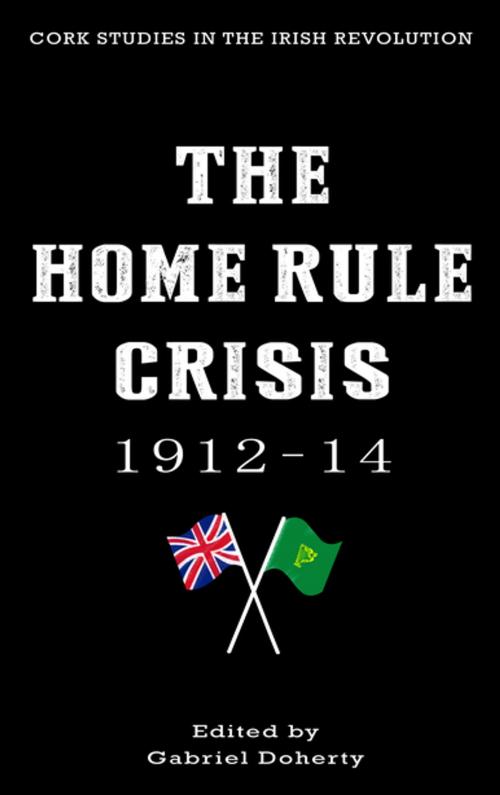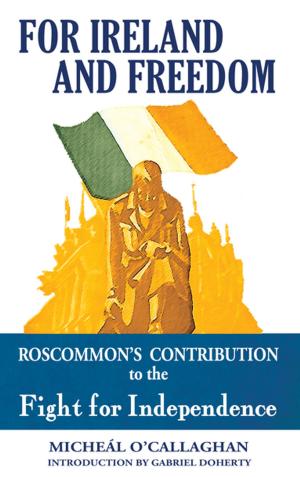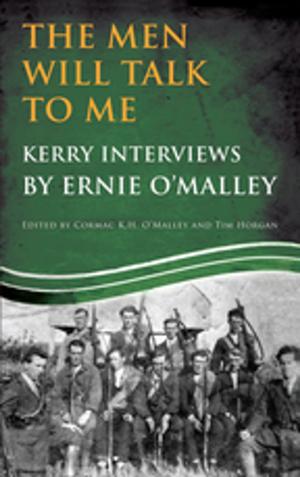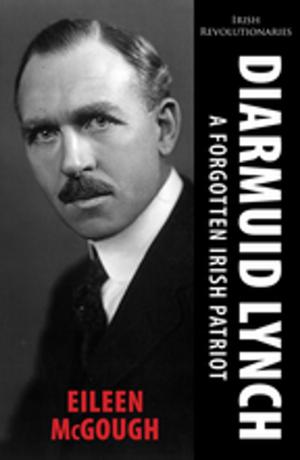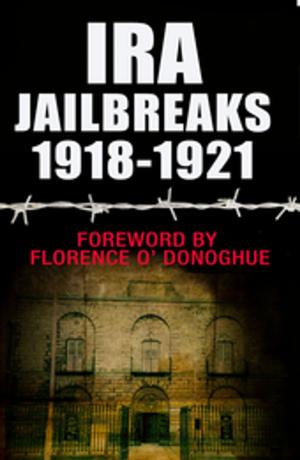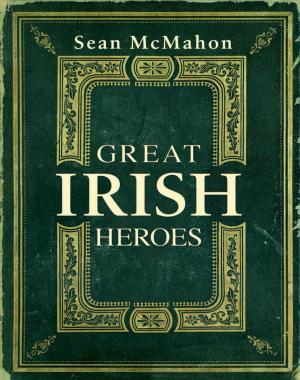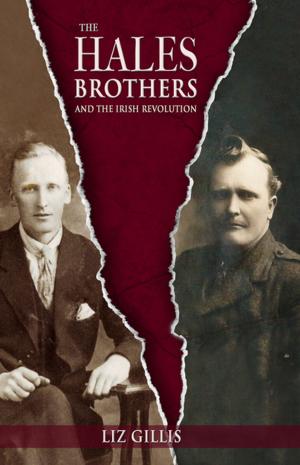| Author: | ISBN: | 9781781173046 | |
| Publisher: | Mercier Press | Publication: | August 1, 2014 |
| Imprint: | Mercier Press | Language: | English |
| Author: | |
| ISBN: | 9781781173046 |
| Publisher: | Mercier Press |
| Publication: | August 1, 2014 |
| Imprint: | Mercier Press |
| Language: | English |
The Home Rule Bill, passed by the British parliament in 1912, was due, when it came into effect in 1914, to give Ireland some control over her own affairs for the first time since the Act of Union in 1800. However, this was postponed when the First World War broke out and by the time the war had ended the political landscape in Ireland had changed irrevocably. The nationalist movement split into the followers of John Redmond who chose to fight for the British in the war in the hope that their loyalty would be rewarded and those on the other side who felt that this was just a delaying tactic and that 'England's difficulty [was] Ireland's opportunity'. Meanwhile the Unionists were violently opposed to any form of Irish self government, believing that 'Home rule is Rome rule' and this led to the signing of the Ulster Covenant and the establishment of the Ulster Volunteers. The respected historians who have contributed to this book examine the reaction to the Home Rule Bill across many shades of political opinion across these islands and give a fascinating analysis of what might have been if external events had not overtaken local ones.
The Home Rule Bill, passed by the British parliament in 1912, was due, when it came into effect in 1914, to give Ireland some control over her own affairs for the first time since the Act of Union in 1800. However, this was postponed when the First World War broke out and by the time the war had ended the political landscape in Ireland had changed irrevocably. The nationalist movement split into the followers of John Redmond who chose to fight for the British in the war in the hope that their loyalty would be rewarded and those on the other side who felt that this was just a delaying tactic and that 'England's difficulty [was] Ireland's opportunity'. Meanwhile the Unionists were violently opposed to any form of Irish self government, believing that 'Home rule is Rome rule' and this led to the signing of the Ulster Covenant and the establishment of the Ulster Volunteers. The respected historians who have contributed to this book examine the reaction to the Home Rule Bill across many shades of political opinion across these islands and give a fascinating analysis of what might have been if external events had not overtaken local ones.
